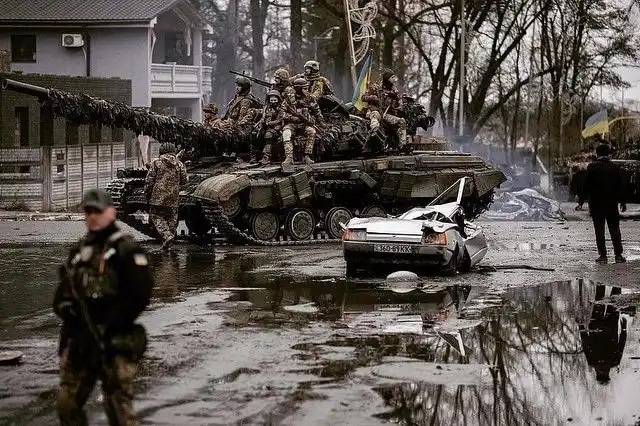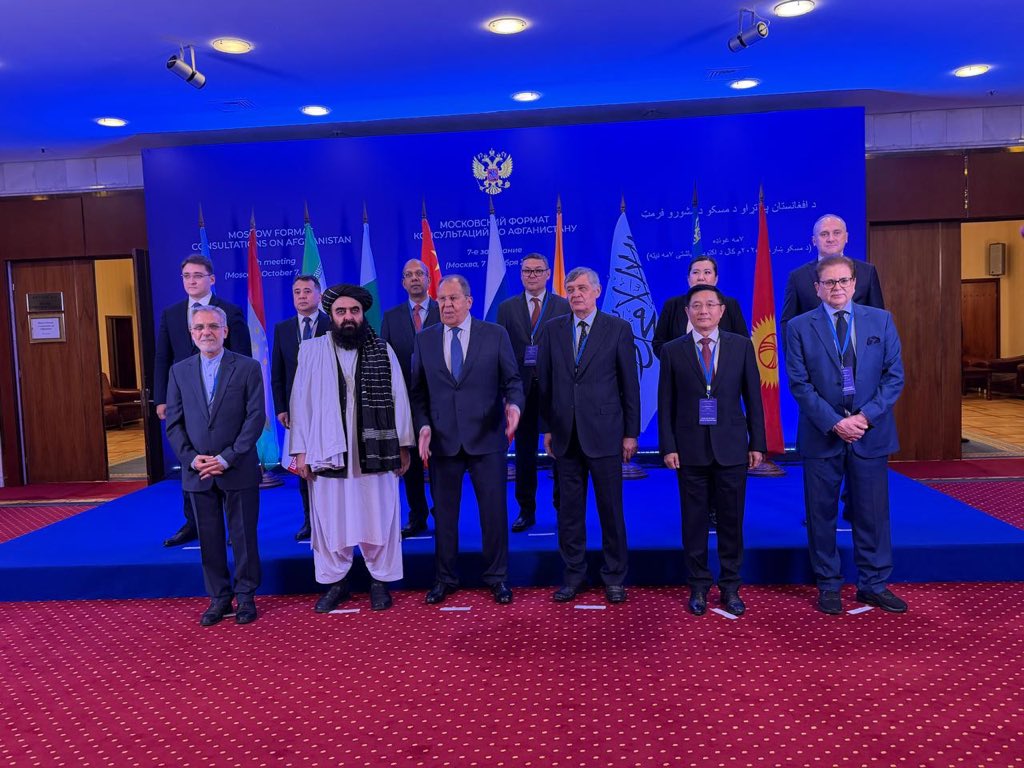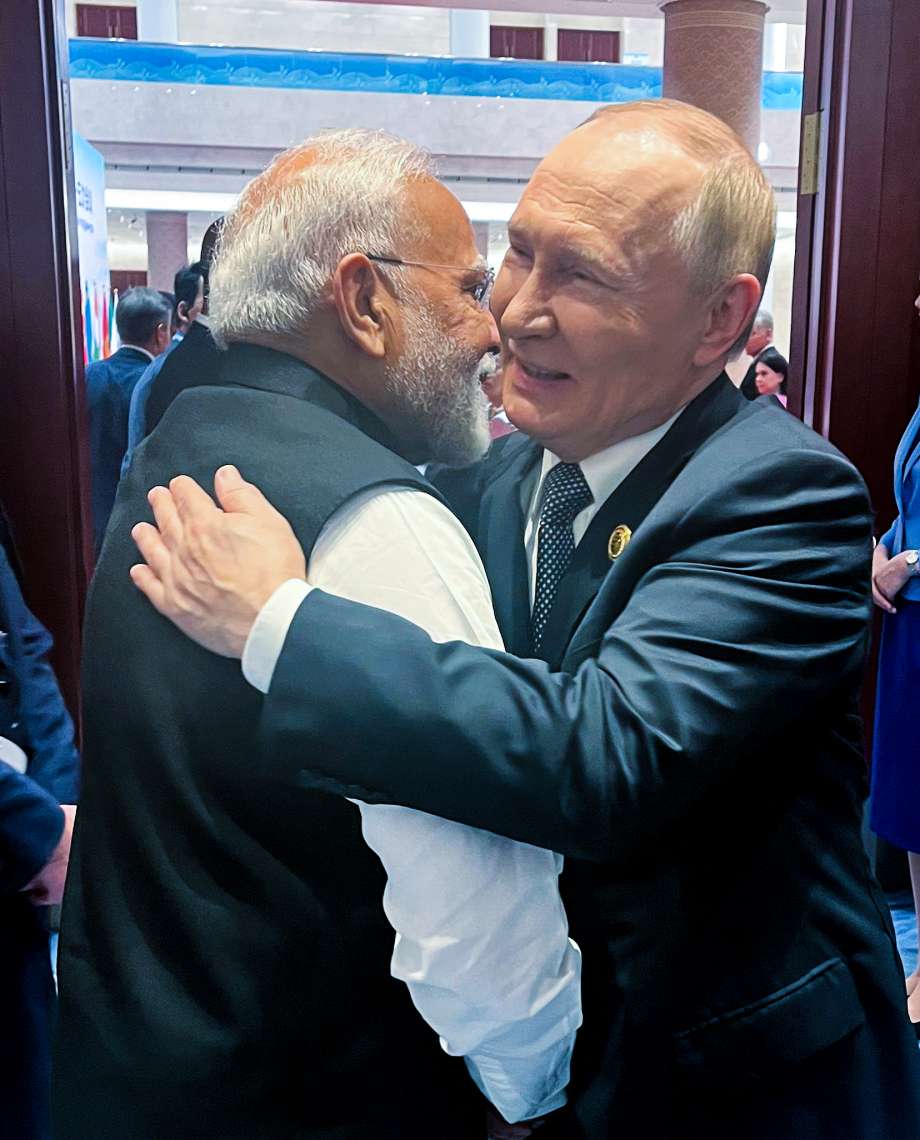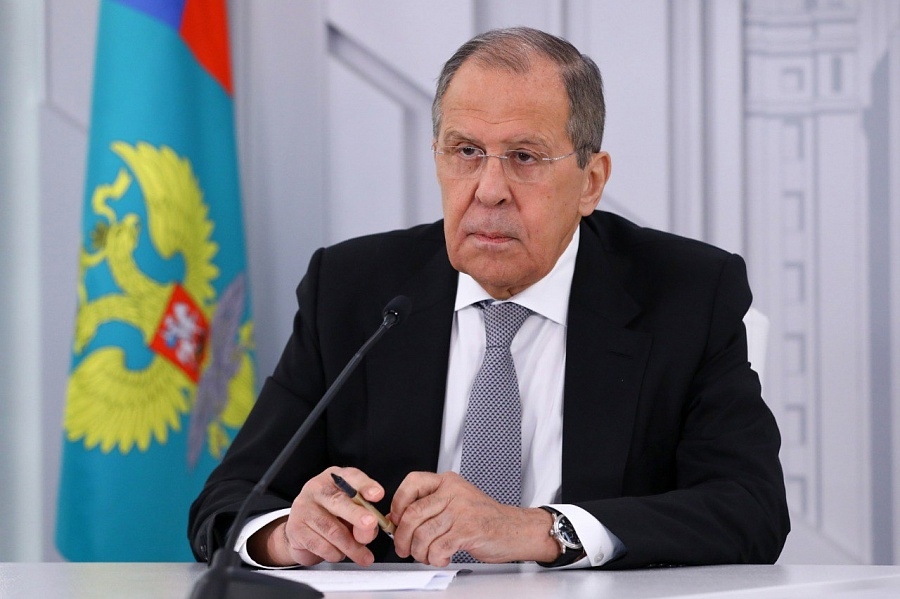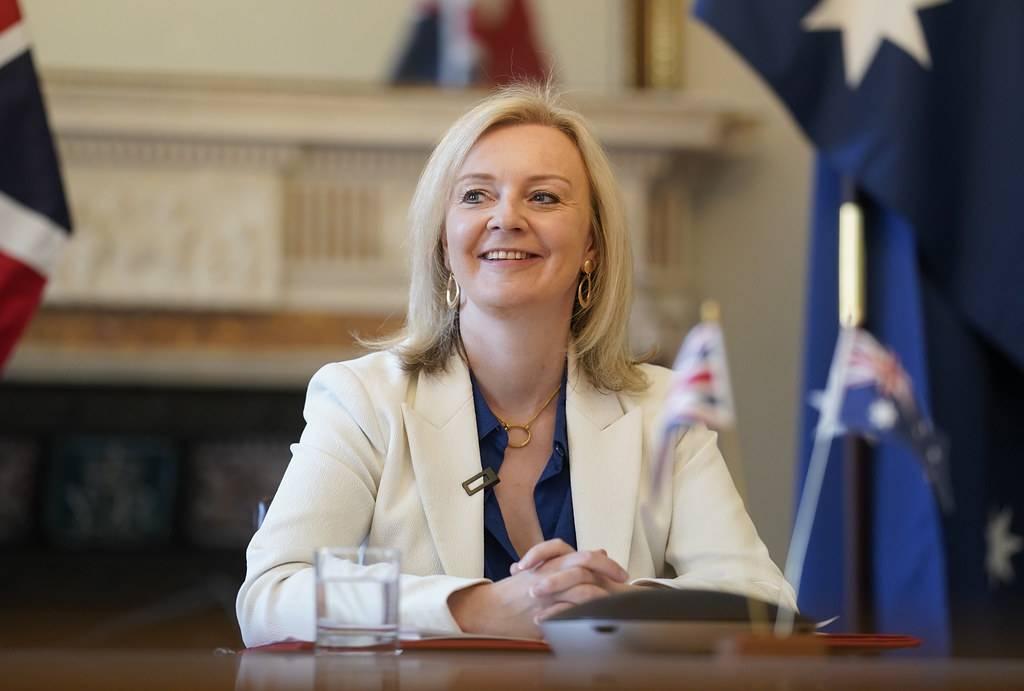The ministry said its forces had also taken full control of the Ilyich Steel Plant in the besieged port city of Mariupol, which has been encircled by Russian troops for weeks.
Russia’s defense ministry said on Friday it had struck a military target on the edge of Kyiv overnight with cruise missiles and promised more strikes against the Ukrainian capital in response to Ukrainian attacks on Russian targets.
The ministry said its forces had also taken full control of the Ilyich Steel Plant in the besieged port city of Mariupol, which has been encircled by Russian troops for weeks.
Powerful explosions were heard in Kyiv on Friday which appeared to be among the most significant there since Russian troops pulled back from the area earlier this month in preparation for battles in the south and east.
The explosions were reported to have been heard after the Russian defense ministry announced that the Moskva, the flagship of Russia’s Black Sea Fleet, had sunk while being towed after being badly damaged.
Ukraine claimed the Moskva’s damage was the result of one of its missile strikes. Russia’s defense ministry spoke only of a fire breaking out and of exploding ammunition.
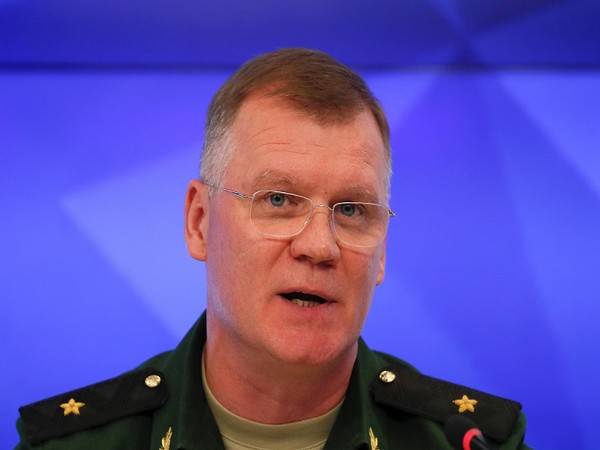
The defense ministry said in its statement that its overnight missile strikes on Kyiv had struck the ‘Vizar’ factory on the edge of the Ukrainian capital which it said made and repaired missiles, including anti-ship missiles.
It pledged more strikes on Kyiv.
“The number and scale of missile strikes on targets in Kyiv will increase in response to any terrorist attacks or acts of sabotage on Russian territory committed by the Kyiv nationalist regime,” the ministry said in a statement.
It said its forces had shot down a Ukrainian Mi-8 helicopter which it said had attacked the village of Klimovo in Bryansk region on April 14 and had also shot down a Ukrainian Sukhoi-27 jet. A group of up to 30 Polish mercenaries had also been destroyed, it said.
Russia launched what it calls its “special military operation” on Feb. 24. Ukraine has put up fierce resistance and the West has imposed sweeping sanctions on Russia.
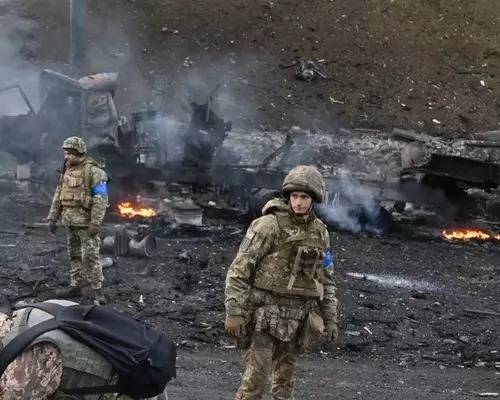
Russia warns of nuclear deployment if Sweden and Finland join NATO
One of Russian President Vladimir Putin’s closest allies warned NATO on Thursday that if Sweden and Finland joined the US-led military alliance then Russia would have to bolster its defenses in the region, including by deploying nuclear weapons.
Finland, which shares a 1,300-km (810-mile) border with Russia, and Sweden are considering joining the NATO alliance. Finland will make a decision in the next few weeks, Prime Minister Sanna Marin said on Wednesday.
Dmitry Medvedev, deputy chairman of Russia’s Security Council, said that should Sweden and Finland join NATO then Russia would have to strengthen its land, naval and air forces in the Baltic Sea.
Medvedev also explicitly raised the nuclear threat by saying that there could be no more talk of a “nuclear free” Baltic — where Russia has its Kaliningrad exclave sandwiched between Poland and Lithuania.
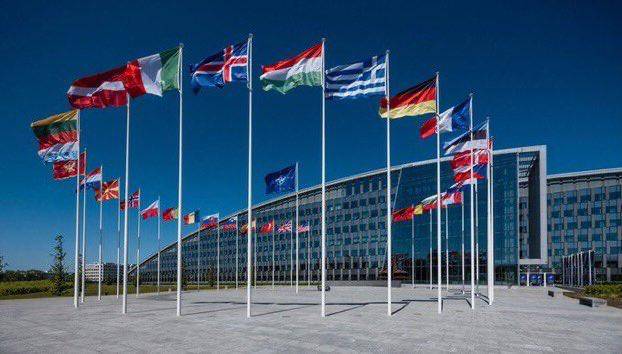
“There can be no more talk of any nuclear–free status for the Baltic — the balance must be restored,” said Medvedev, who was president from 2008 to 2012.
“Until today, Russia has not taken such measures and was not going to,” Medvedev said. “If our hand is forced well… take note it wasn’t us who proposed this,” he added.
Lithuania said Russia’s threats were nothing new and that Moscow had deployed nuclear weapons to Kaliningrad long before the war in Ukraine.
The possible accession of Finland and Sweden into NATO — founded in 1949 to provide collective Western security against the Soviet Union — would be one of the biggest European strategic consequences of the war in Ukraine.
Finland gained independence from Russia in 1917 and fought two wars against it during World War Two during which it lost some territory to Moscow. On Thursday, Finland announced a military exercise in Western Finland with the participation of forces from Britain, the United States, Latvia and Estonia.
Sweden has not fought a war for 200 years and post-war foreign policy has focused on supporting democracy internationally, multilateral dialogue and nuclear disarmament.


